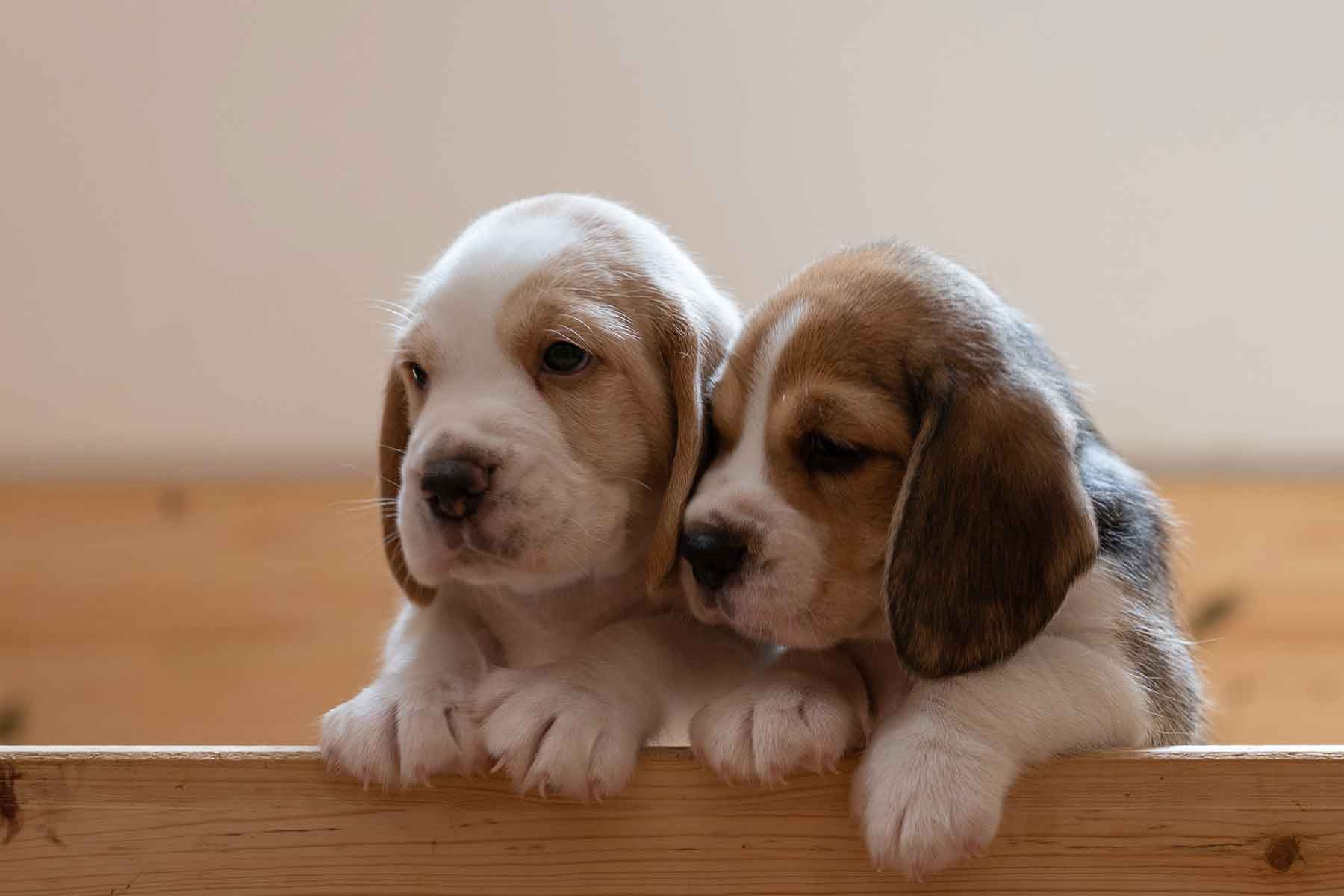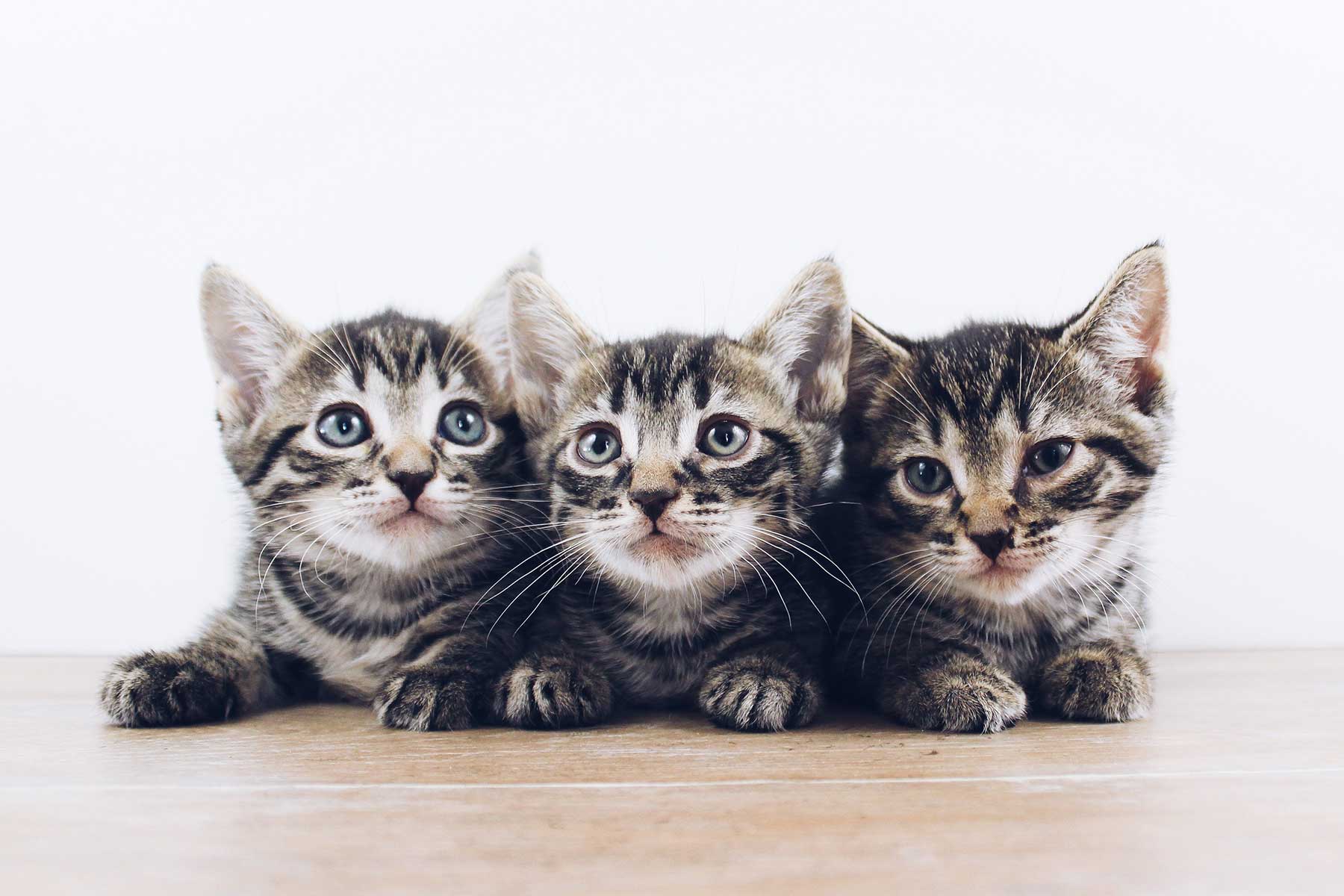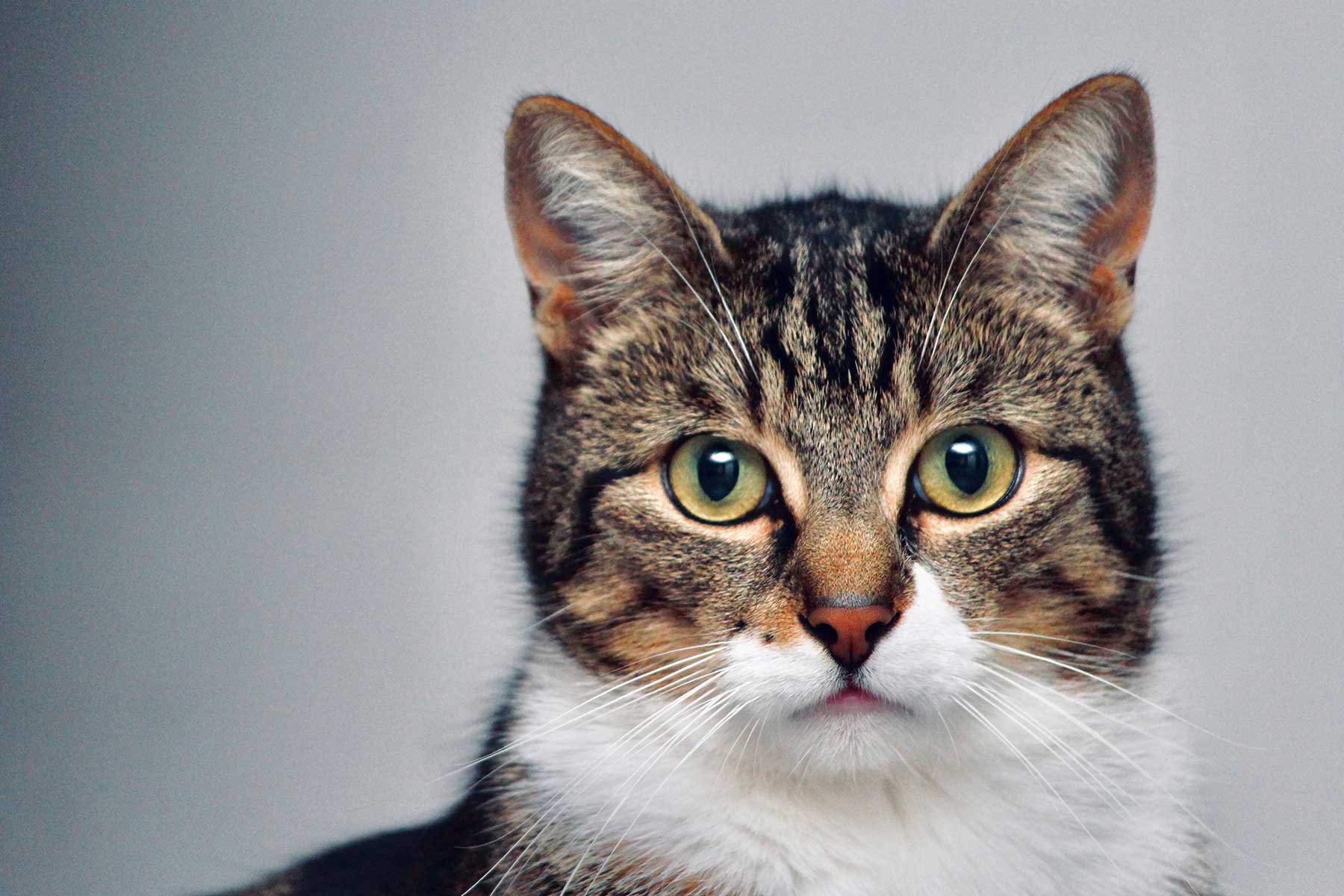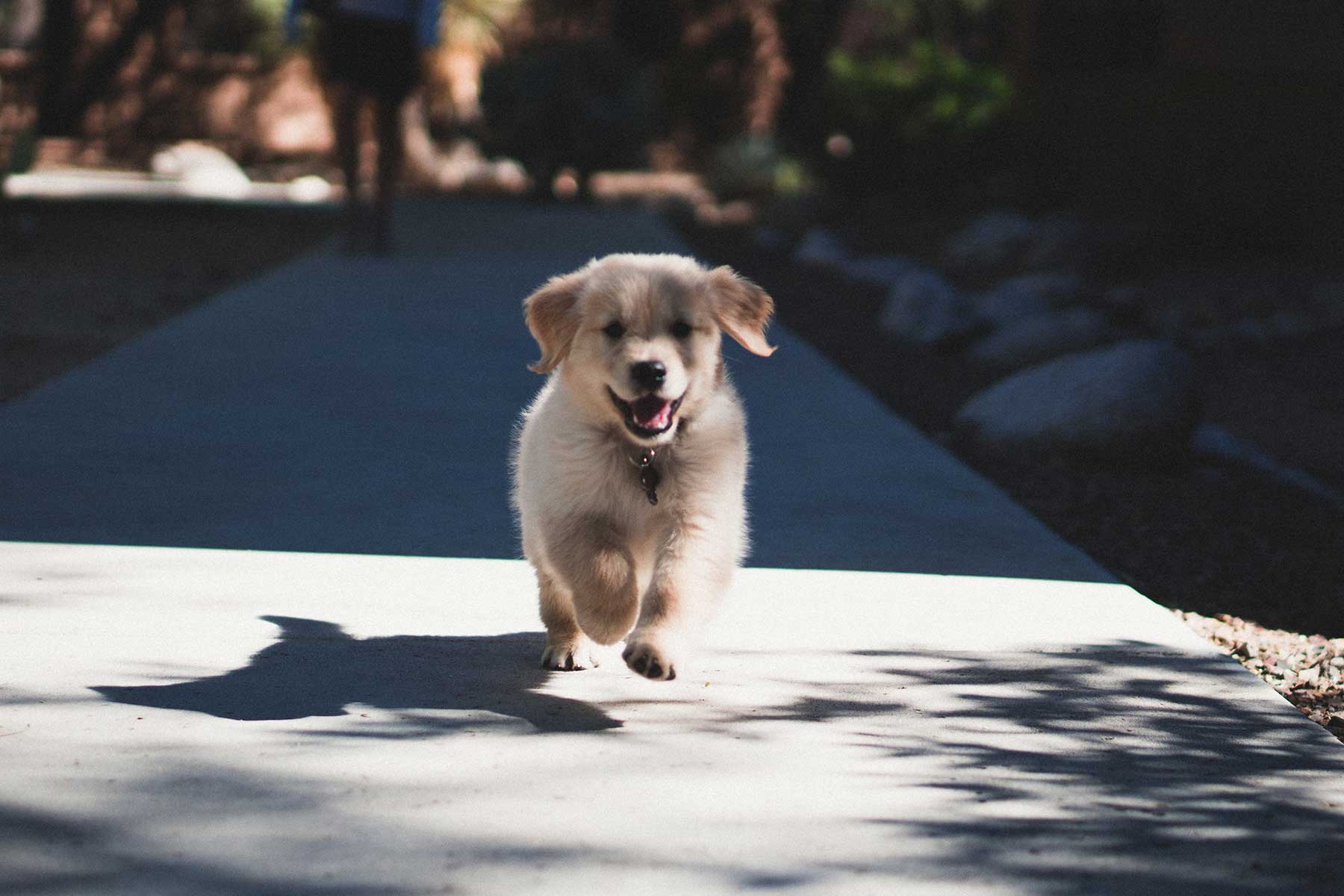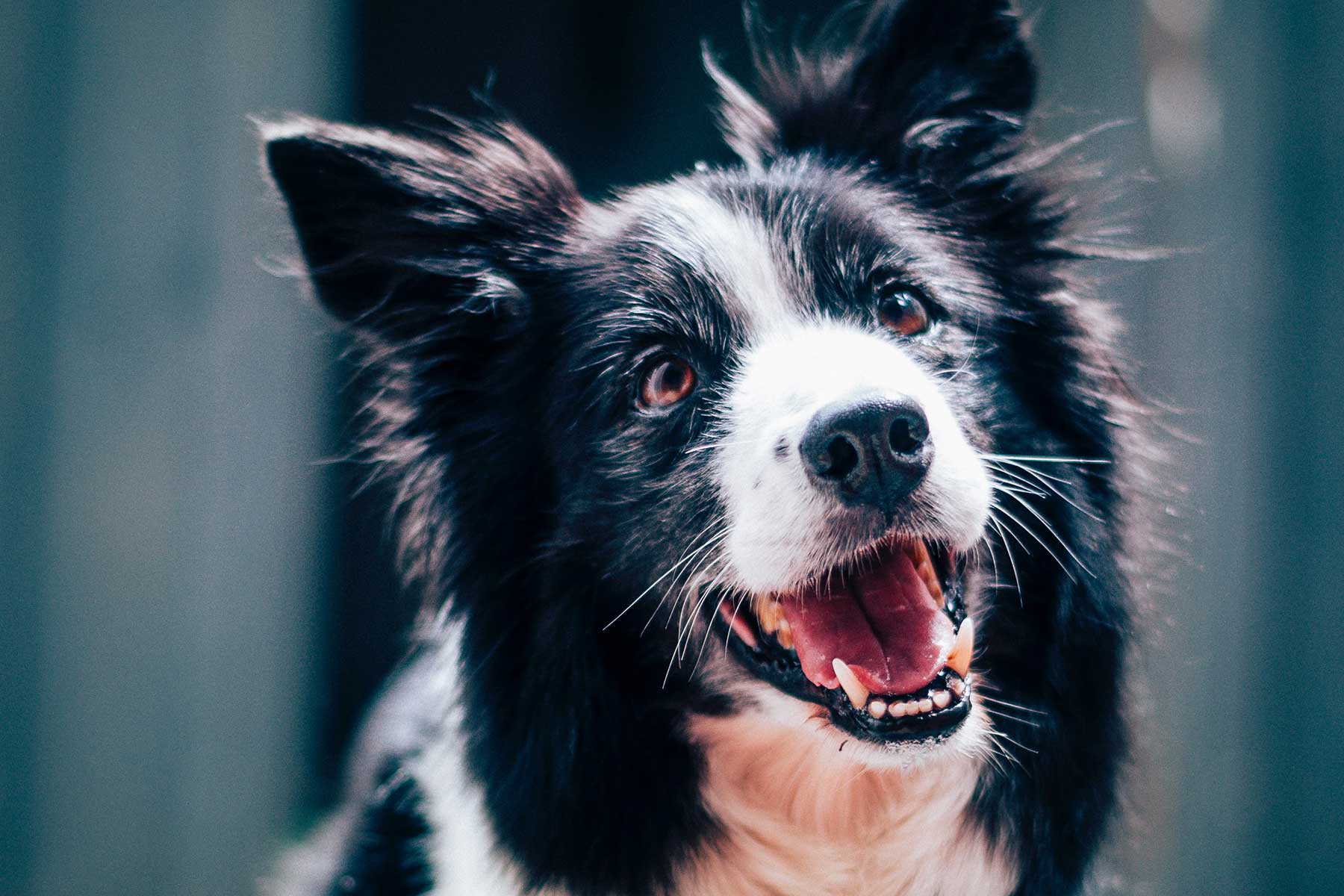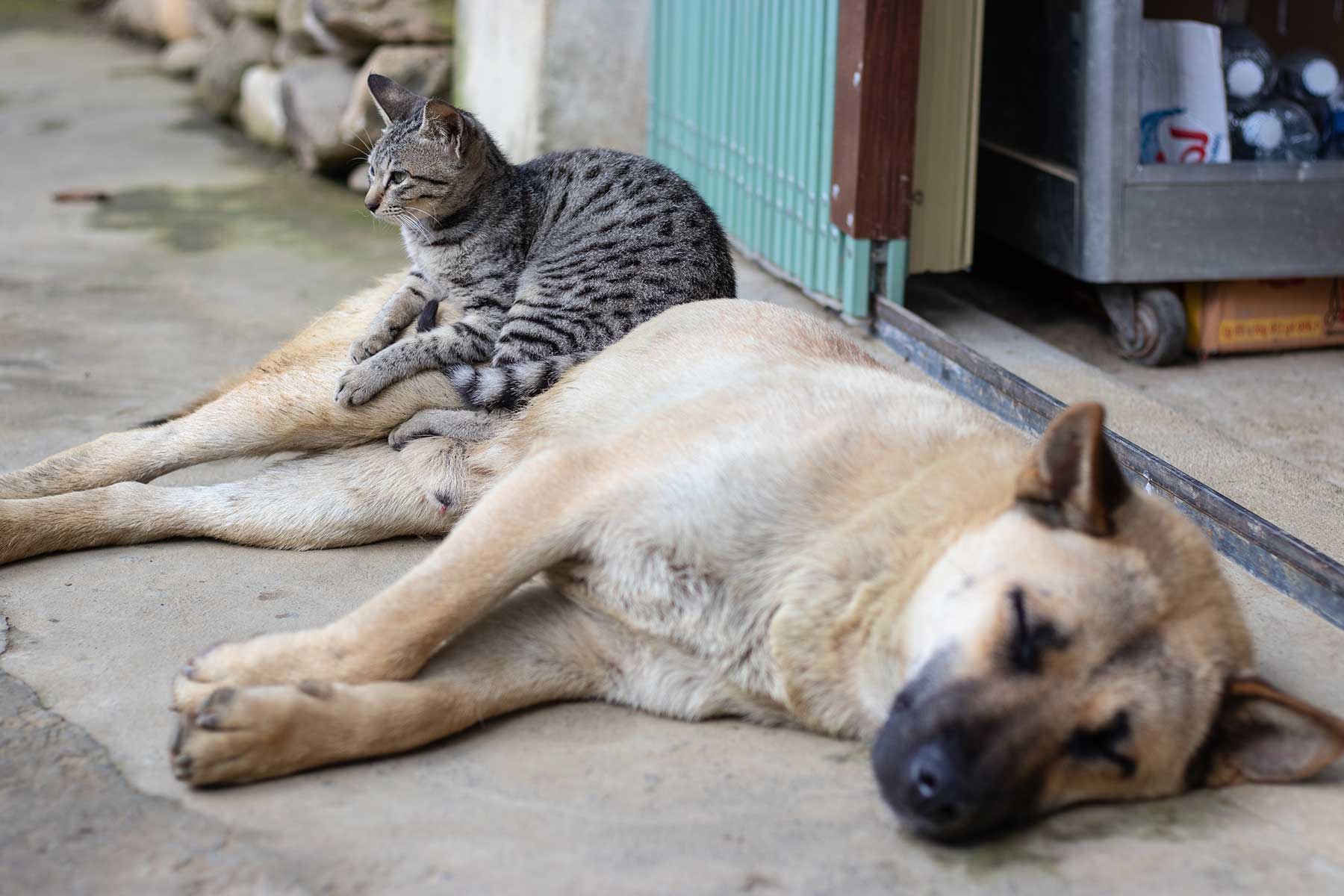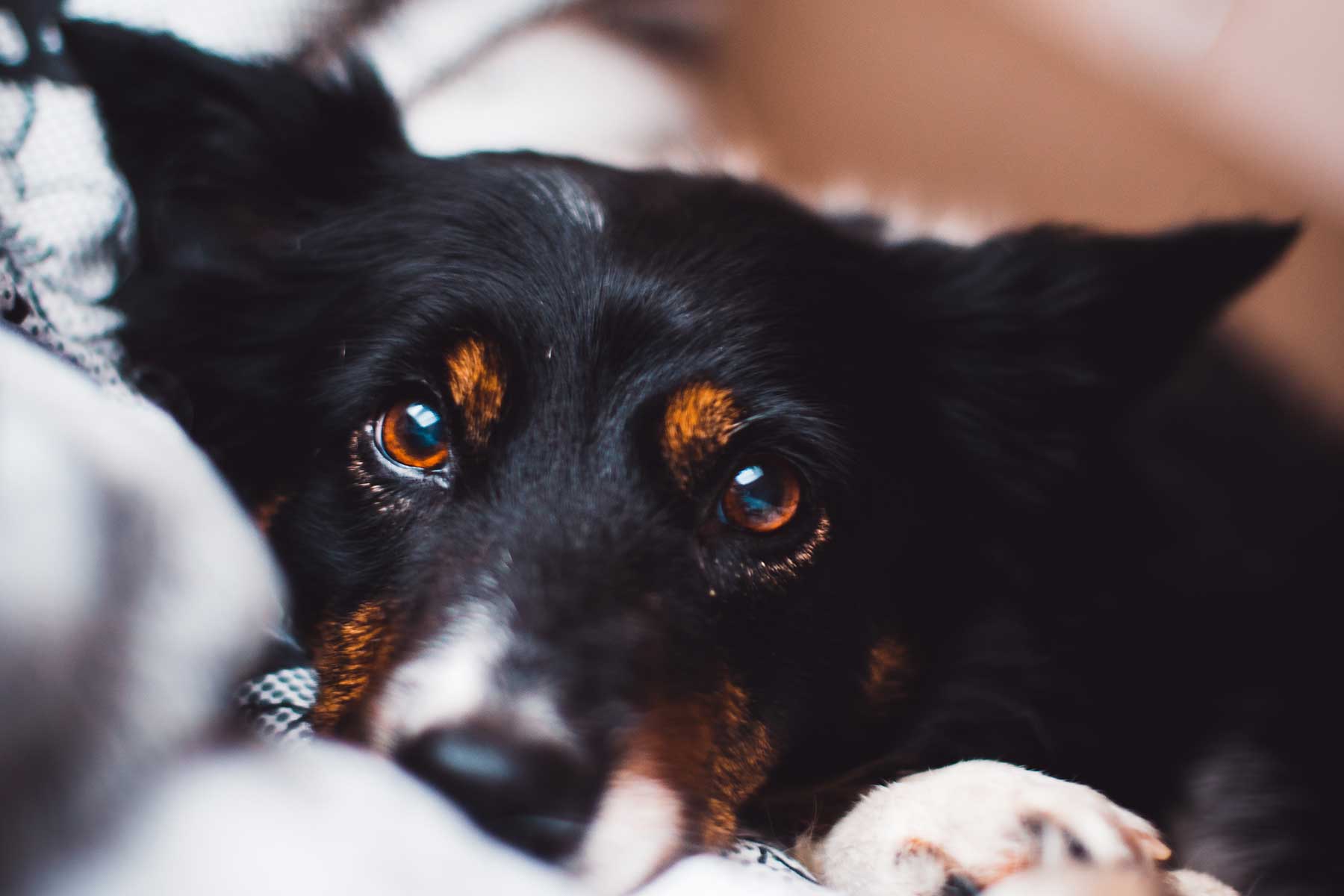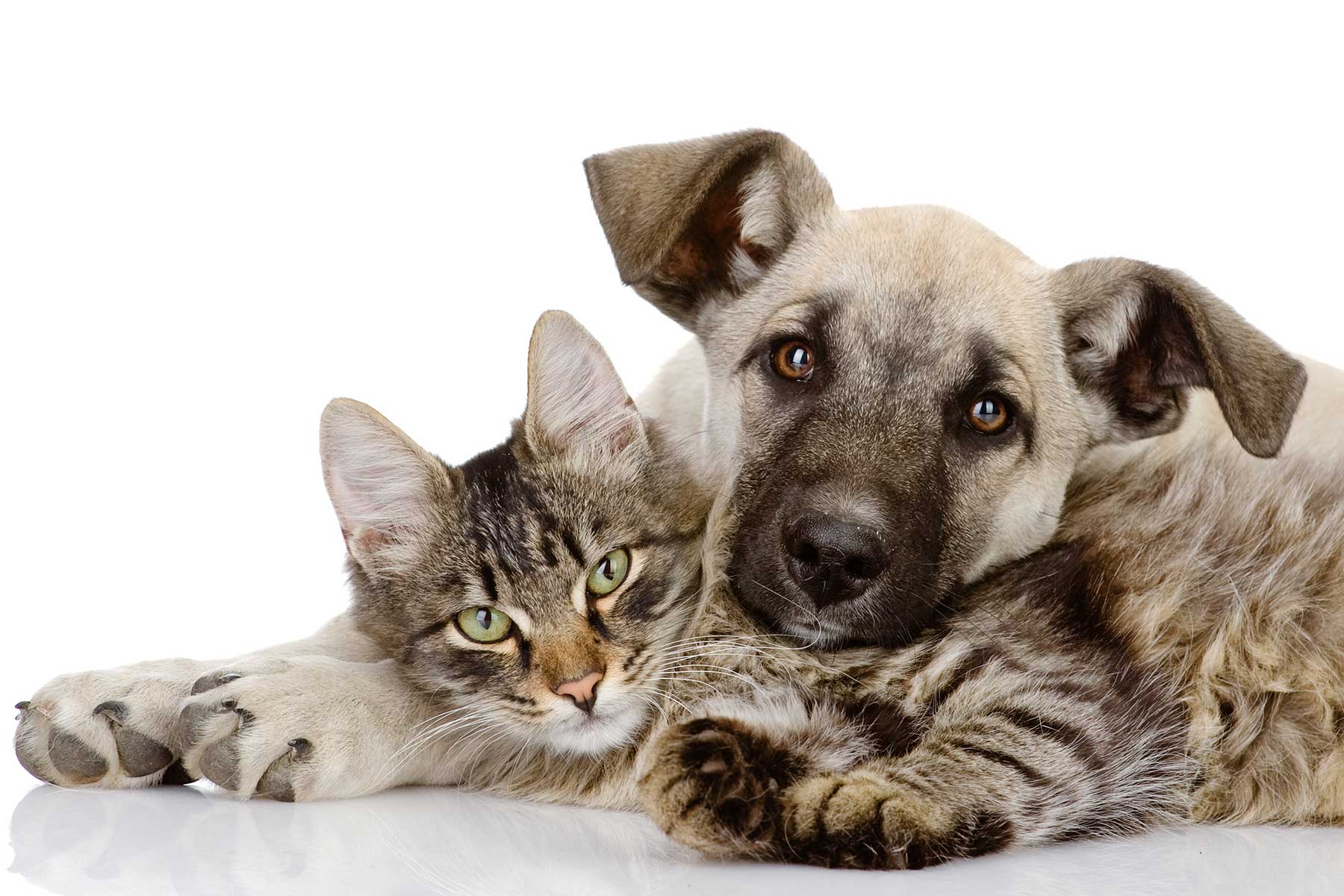A brief experience for your pup between the ages of 6 and 16 weeks can have a significant influence on future adult behaviour. For this reason early socialisation is a must for a puppy’s long term development. Ideally you should expose your puppy to as many of the things they are likely to encounter as an adult as possible. Whether it be with other boisterous puppies, excitable (friendly) adult dogs, children, loud people, loud noises and even the sound of traffic.
Without adequate socialisation and exposure to as many experiences as possible, your puppy may grow up to be frightened or aggressive when faced with another dog or a new situation. One of the unfortunate side effects of poor socialisation is a puppy with bad behavior. The main reason why dog owners surrender their pets to shelters is for unacceptable behavior. The good news is – you can start the journey of enjoying a lifetime with your well behaved companion now!
Working with your puppy
By now your puppy has attended puppy preschool. During this time you would have noticed a range of temperaments within the class. Some puppies outgoing, some bold, some anxious and even some nervous. When managing the first time ‘experiences’ with your pet you will need to take into account their personality. One puppy’s dream could be another’s nightmare. For instance, some puppies would relish the opportunity to meet a new canine friend at the park. However, another pup might find even meeting one new canine friend a bit daunting. You will need to tailor your pup’s experience to ensure they aren’t overwhelmed or frightened. The key to good socialisation is to make sure that your puppy has good experiences with anything that is new to them. Here’s some examples of experiences your puppy can be exposed to:
- Safe exposure to moving objects such as bicycles, wheelchairs, prams, joggers, remote control cars, skateboards, vaccuum cleaners, lawn mowers, whipper snippers, power tools, swings, brooms and mops
- Noises such as traffic, thunderstorms, sirens, doorbells, phones ringing, music and fireworks
- Surfaces such as wood, sand, wet surfaces, stairs, decking, tiles and more
- People (children and adults of both sexes), crowds, people in uniform and costume
- Other animals including birds
Rewarding your puppy’s good behaviour
Reward behaviour that is calm and confident. It is very important that you watch your puppy carefully for any sign of hesitation, fear or distress. You may know that something is harmless. However, if your pup is wary or hesitant, it is important to allow them time to approach and interact when they are ready.
Training a confident puppy
Picking up or consoling a crying puppy who is not in pain or immediate danger from a boisterous puppy during play could make a puppy insecure or phobic. Insecure dogs may resort to submissive or aggressive biting and may bite anything or anyone when distressed. Confidence building in the form of controlled games with the family and obedience or trick training is a great way to help foster self assurance in an insecure puppy.
An over boisterous puppy will not learn how to restrain their rough play. This can lead to problems when trying to socialise or introduce your puppy to other dogs later in life. Calm handling and controlled games with the family will help tone down a boisterous puppy’s behaviour.
Fun and games with your puppy
So the take home message is to make new things fun for your puppy.
- Make sure that they are in their comfort zone and encourage them to enjoy new and challenging experiences.
- Think ahead so you can make the most of life happening around them
- Bring out some favourite toys and have a game if you know a storm is coming
- Take some favourite nibbles on all of your walks and give them a special treat whenever they see a dog or person and remains calm and settled. You might even be able to entice others to toss or give treats when they meet your dog.
If your pup is a little fearful then it is better if no patting or direct contact is made until they grow in confidence. You can feed them treats but keep others far enough away that they remains calm and happy. Eventually you will be able to approach closely enough for other people to toss nibbles to your pup. If your pup is bold and perhaps inclined to be too exuberant, then have them sit quietly before being offered a treat by you or another person.
Protect your puppy with vaccinations
Before venturing out into the park or allowing your puppy to socialise with other dogs and puppies, check with your veterinarian to make sure your puppy has received the correct vaccinations to keep them safe from diseases in the community.
Get out and see the big wide world
Getting out and about to see the big wide world will be fun for your pup – and you might just see a few things from a different perspective too.
Learn more about Puppy Socialisation from Veterinary Behaviourists, Dr Kersti Seksel here

